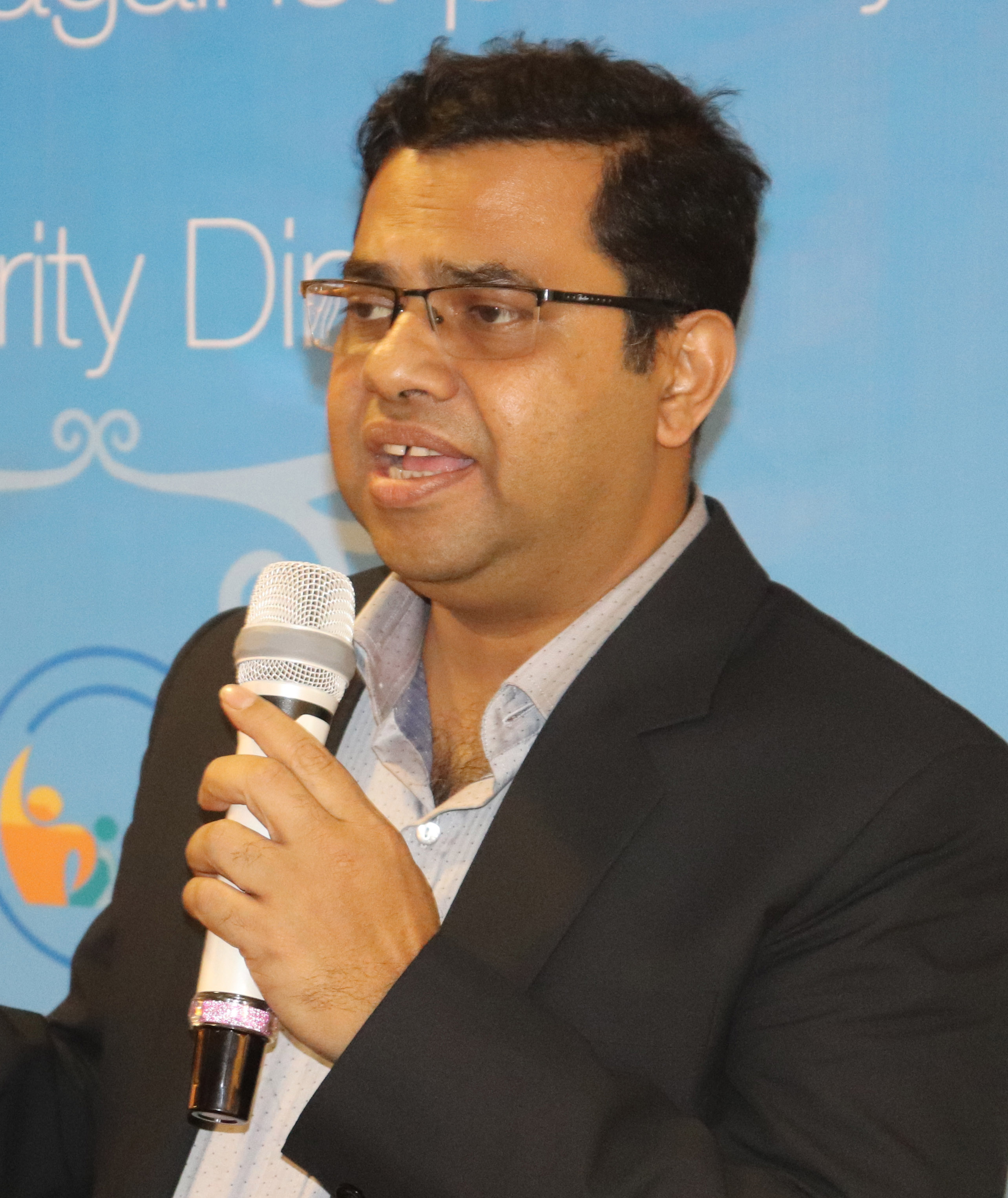Tarik Sayed Harun
Published:2023-12-20 17:20:59 BdST
Microfinance, Cooperatives and Insurance
In this subcontinent, the history of cooperatives is almost centuries primitive. Cooperative started working in our country even before the independence of our country.
Aktar Hamid Khan has Aktar Hamid Khan has started the cooperative movement uniting the poor and underprivileged farmers by stablished BARD (Bangladesh Rural Development Academy) in Comilla in the sixties of 19th centuries the cooperative movement uniting the poor and underprivileged farmers by stablished BARD (Bangladesh Rural Development Academy) in Comilla in the sixties of 19th centuries.
Even before this, there were some cooperatives in this country, among which the Badarkhali Sumiti of Cox's Bazar was one of these.
Bangladesh Milk Producers Cooperative Union Limited (Milkvita) is one of the largest cooperatives in the country which was established in 1977.
The main objectives of BARD were to create sustainable consortium in villages, to build personal and collective funds, to extend improved agricultural technology so that the poor farmer can easily produce agricultural crops.
But when the rich and influential leaders entranced into the association, the poor peasants, become elbowed out. Their poverty or change in fate will remain unchanged.
After the country became independent, when Dr. Muhammad Yunus started the microfinance program, the poor people quickly accepted it. Because there was no other system for easy financing of helpless rural poor people.
In the nineties, NGOs (microcredit organizations) expands the idea of Dr. Muhammad Yunus in this country very quickly.
Though the program was started initially with savings and loans, later various supportive programs were also conducted for the members.
After several generations of credit and development activities, the microfinance program is currently edge of its fourth generation.
The third generation was engaged in various development activities including credit, savings, training, risk reduction, health, education. The process of digitizing these development activities is ongoing in the next generation.
Now about seven hundred and fifty (MRA certified) microfinance institutions are currently functioning in the country and about three & a half crore families (about 79 percent of total population) are availing microcredit services. Where the average growth of this sector is about 20 percent and the contribution of microfinance to GDP is about 14 percent (Khalili, SR Osmani, 2017).
Among the members, about 5 percent small entrepreneurs are being created every year. Despite all things, there is no reason to think that poverty will be eradicated through microcredit alone because poverty is multidimensional. Financing is only an accessory; the rest depends on many other important factors.
From the beginning though research in this sector is insufficient, the sector has become modern and update through discussions, and reviews on its way from time to time. The success of microfinance in the last four and a half decades indicates that.
However, the role of the Palli Karma-Sahayak Foundation (PKSF) and the Microcredit Regulatory Authority (MRA) in this path of microcredit is very commendable. Also, the work of Credit and Development Forum (CDF) in advocacy and research is exemplary.
In the fourth generation, it won’t be enough to digitalize Microfinance program; with its, Cooperatives services should be introduced to mitigate those risks.
In Japan, poor farmers have been organized and improved themselves through the cooperative movement for over a hundred years. Although farmers have easy access to get various services including government grants, loans, marketing and technical services, besides these their cooperative societies are operating with great sincerity and professionalism.
A farmer can take loan from the cooperative society on easy terms and condition for his agricultural activities, also he can arrange marketing of the produce through the cooperative. In case of crop losses due to natural disasters or any other reason, Cooperatives also provide insurance benefits.
The main objective of cooperatives is to keep the farmer completely risk-free. A farmer's job is only to cultivate. Besides, they do various things to increase the production of agricultural products and increase the standard of living of the farmers.
Today, in Japan the number of elderly people is high. Home nursing facilities are provided to these elderly farmers from the cooperative. Donations are also made for the treatment of cancer or complex diseases. As farmers are directly involved in the marketing and market system, no class of middlemen has emerged. Continuous research on agriculture, agricultural products, and the use of forecasting information technology have helped Japanese agriculture to become a world class product. Japanese farmers can use for agriculture only 15 percent of the mainland.
But still, Japan is one of the world's largest producers of agricultural products per hectare. But now a days, it has been a boon for Japanese farmers lately is Mutual Funds. In this case, the farmers deposit a small amount of money in the cooperative throughout the year, in return they get with various insurance and financial benefits.
The time has come to introduce such facilities like mutual funds or insurance in our microfinance program as well. Farmers in our country are more concerned about marketing and risk mitigation strategies than producing crops throughout the year. As a result, the productivity of the farmer never reaches the desired level. Although microcredit institutions are not permitted to provide insurance services, we hope that our Regulatory Authority will consider the matter.
Bangladesh is mainly an agricultural country. Agriculture will survive only if farmers survive. Since 79 percent of people are associated with microcredit institutions, I think it would be appropriate to involve them in this work.
Unauthorized use or reproduction of The Finance Today content for commercial purposes is strictly prohibited.


